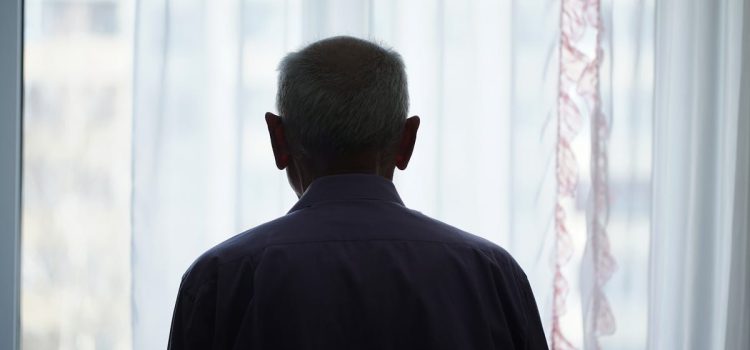


Even though some people require more interactions than others, we are social beings. If we’re removed from a sense of community or we lack a feeling of belonging, it can cause myriad health effects, and it’s also a threat to public health, as outlined in an advisory from the Office of the US Surgeon General.
Advisories are reserved for “significant public health challenges” that require immediate awareness and action, according to the surgeon general’s office. Loneliness and social isolation were exacerbated by the COVID-19 pandemic, but the pandemic also worked to shift our attention to loneliness as a public health problem, according to the report, which was released earlier this month.
Persistent feelings of loneliness or social isolation can impact our mood and emotions and cause symptoms of anxiety and depression, and also increase our risk of other health conditions, including heart disease and dementia.
“Loneliness is far more than just a bad feeling — it harms both individual and societal health,” US Surgeon General Vivek Murthy wrote in a letter opening the advisory. “It is associated with a greater risk of cardiovascular disease, dementia, stroke, depression, anxiety and premature death.”
Mortality-wise, or how something contributes to the risk of death, loneliness has a similar effect to smoking up to 15 cigarettes per day and has a greater risk than obesity or physical inactivity, Murthy said.
There are lots of factors that may contribute to a person being isolated from others or feeling persistent loneliness — some of them outlined in the advisory include shrinking social networks, increased social media use and people feeling polarized from each other due to differing ideologies.
Feelings of loneliness and isolation also impact people unevenly — older adults and young people, people with poor health, single parents, people who live alone, those who don’t have as much money and people with a disability may be at higher risk, according to the report.
Read more: These 7 Tricks Make Gaining New Friends as an Adult Easy
A chart from the US surgeon general’s office showing how lack of social connection can impact your health, compared to other factors we often see linked to some health risks.
How loneliness impacts health
It may be hard to disentangle the way loneliness and health are directly connected, because other factors that stave off your risk of chronic disease, such as physical activity, preparing nutritious meals and even making it to a doctor’s appointment are often much more difficult to do when you don’t have the support or help from another person. Lack of access to health care services may also impact certain groups more, such as older adults and people with a disability.
But loneliness and the stress that comes with it can also have a direct impact on health. Loneliness activates the sympathetic nervous system, which can lead to elevated stress hormones, inflammation in the body and hypertension. Loneliness can also impact your sleep, which in turn impacts your overall health.
Tips for finding community and feeling less lonely
If you are feeling lonely, you are not alone. According to the advisory from the surgeon general, about half of US adults reported feeling lonely in recent years.
Feeling lonely or isolated can come from the sense that you’re not connecting with another person or a community. Feeling “connected” can vary based on an individual’s life, but often comes through things like talking with someone and feeling like the other person understands you, having an enjoyable experience with someone else, or doing an act of kindness for someone and feeling good about the fact that you made someone else feel good.
To make more fun or meaningful connections and beat feelings of loneliness, one of the things you can do is join a club or group around something you genuinely like to do. You can also join a support group — possibly even an in-person group in your area through the National Alliance on Mental Illness. If you have symptoms of anxiety or depression, you could also consider therapy from a professional who can make sure your needs are being met.
But it can also feel daunting trying to make friends, especially as an adult when you feel like you’re the only one looking for other adult friends (not true). For tips on putting yourself out there, follow this CNET list of tricks that may make meeting like-minded people a little easier.
